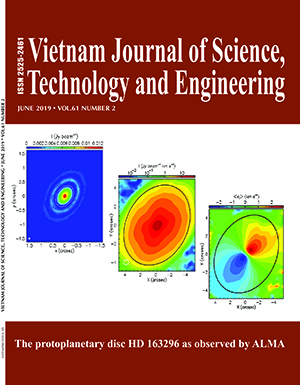The value of malnutrition- inflammation-atherosclerosis (MIA) syndrome for predicting mortality in patients with end-stage renal disease at Hue Central Hospital.
Tóm tắt
Background: the role of malnutrition, inflammation, atherosclerosis, and particularly the combination of these three factors were closely related to cardiovascular events, hospitalisation frequency, and death in end-stage renal disease (ESRD) patients. This study examines the relationship between malnutrition-inflammation-atherosclerosis (MIA) syndrome and mortality among these patients during an 18-month period.Subjects and methods: in this prospective observational cohort study, all cause-mortality was evaluated during an 18-month follow-up period. A total of 174 patients with ESRD (including 57 non-dialysis patients, 56 peritoneal dialysis patients, and 61 hemodialysis patients) were enrolled. M (malnutrition) was assessed by the seven-point subjective global assessment (SGA), serum albumin. I (inflammation) was assessed by serum hs-CRP, serum IL-6. A (atherosclerosis) was defined as IMT ≥0.9 mm or the presence of plaque in the carotid artery. The patients are classified into four groups by number of components (MIA0, MIA1, MIA2, MIA3). Results: 73.6% of patients had at least one component of MIA syndrome. The proportion of patients with malnutrition, inflammation, and atherosclerosis accounted for 36.8%, 21.3%, and 50.6%, respectively. The proportion of patients with 3, 2, 1 component accounted for 4.0, 27.0, and 42.5%. There was no difference between MIA groups based on age, sex, percentage suffering from dyslipidemia, anemia, or Hb levels. Relative to patients experiencing no elements of MIA syndrome, patients with three components experienced a 13.16 times higher risk of mortality. Only malnutrition was a strong predictor of mortality with HR (95% CI): 5.90 (2.46-14.14).Conclusion: clinical physicians should attend more closely to and provide early assessments of MIA syndrome in patients with ESRD. They should care for nutrition conditions and thereby provide early and effective treatments. This can contribute to enhancements in quality of life, and decrease mortality rates in patients.Keywords: end-stage renal disease, malnutrition-inflammation-atherosclerosis syndrome, MIA syndrome.
Classification number: 3.2




